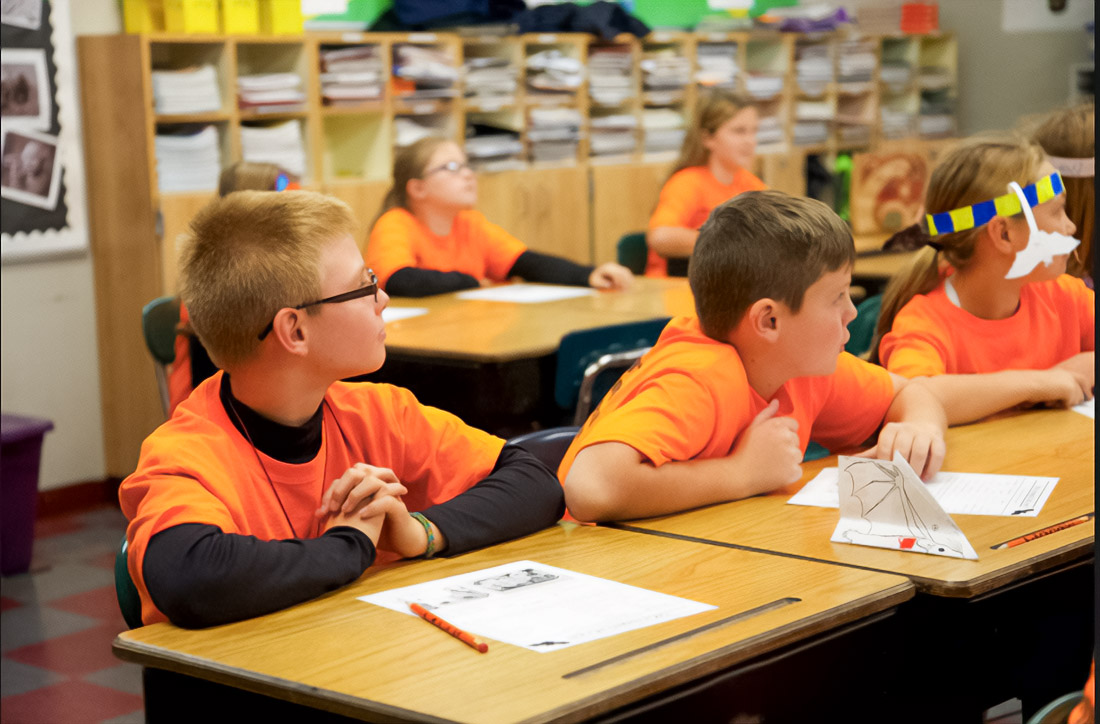Private schools always strive for the all-round development of students, and skills in the field of social interaction and communication occupy a central place in this process. Such disciplines as etiquette and oratory art were initially created to prepare schoolchildren for life in higher society, but with time, they became universal skills necessary in the modern world. In this context, cityamericanschool.ae offer programs that help students develop these skills.
Deep Roots: How Rhetoric and Etiquette Intertwine in Private Schools

From the very beginning, private schools pursued the goal of ensuring the all-round development of students. Historically, skills in the field of social interaction and communication were at the center of such education. Etiquette and oratory art, initially developed to prepare schoolchildren for life in higher society, with time, grew into universal skills necessary in the modern world.
Aristocratic Origins and Development in XVIII and XIX Centuries
At the beginning of the XVIII century, etiquette was presented as the main way of instilling students’ norms of behavior, typical for the aristocracy. In such countries as Great Britain and France, the presence of disciplines oriented on manners was mandatory. Public speeches became necessary for individuals who strove to become leaders and distinguished public figures.
From Classical Forms to Modern Diversity
Adjusted social structure was blurred, and emphasis on learning etiquette and rhetoric shifted to the development of personal qualities. Already, at the beginning of the XX century, examples of individual communication skills came to the forefront. The importance of these components in modern professions only increased.
Technological Transformation of Learning Etiquette and Rhetoric

Private schools today offer to learn not only traditional aspects of etiquette, such as norms of behavior at the table and communication with equals, but also new forms. This concerns the sustainable practice of respect for cultural diversity and the removal of barriers in an international communicative environment.
Master Classes and Digital Oratory Initiatives
- Traditional debates are supplemented by digital presentations.
- Masters of rhetoric conduct lectures and seminars for students.
- Cost of learning skills of speeches can exceed $10,000.
Game Processes and Role-Playing Games
- Students immerse in role simulations.
- Develops confidence and adaptation.
- Methods include various formats, from classical role-playing games to modeling business conferences.
Personal Growth and Social Skills: Role of Etiquette and Rhetoric

Skills of public speeches form not only professional skills but also character. This contributes to increased confidence in oneself and strengthens the ability to work in a team. Skills of apology, acquired in the process of rhetorical training, as practice shows, can determine success in academic preparation.
Critical Thinking and Social Interaction
Students, having power and dynamics of public speeches, often show greater critical abilities. They develop skills of hearing and activation of information, which noticeably increases their academic performance. Research shows that students actively participating in public discussions can be 20% more effective in their studies.
From School to Career: Indisputable Advantages

Graduates mastered rare talent to hold an audience and become leaders and leading specialists. They possess high analytical skills, which help them manage a wide range of tasks, from conducting negotiations to motivating teams, which ensures success in their careers.
Cultural Understanding and Global Projects
- Companies highly value the adaptation of graduates of private schools.
- International teams stimulate all-round development.
- Skills of communication contribute to strengthening intercultural dialogue.
Specific Success Stories of Private Schools

Private schools implement successful programs, which serve as models in educational institutions around the world. So, in New York, one of such schools organizes monthly seminars aimed at strengthening students’ confidence and interpersonal communication skills. These skills reinforce the structure of the educational process.
Participation in International Demonstrations and Seminars
Unique master classes with the involvement of professionals from various fields regularly take place in schools. London program conducts annual seminars on intercultural understanding and has long-term partnerships with various international organizations, showing stable development of such movements on a global level.
Criticism and Defensive Arguments: Why This is Important
Despite criticism, etiquette and public speeches remain important in conditions of a changing world. Orientation in STEM should not exclude unique skills such as conducting live conversation and human communication. This emphasizes not only the benefit for students but also the necessity of preserving such types of programs in the future.
To sum up, such skills as etiquette and rhetoric continue to form universal competencies. They give students a competitive advantage in their careers and in life, becoming an indispensable part of modern education. 90% of employers evaluate communication skills as key at the hiring stage.

Hockey fan, tattoo addict, drummer, International Swiss style practitioner and New School grad. Acting at the nexus of art and computer science to craft experiences both online and in real life. My opinions belong to nobody but myself.

